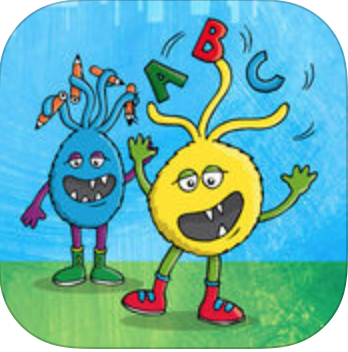Our publication about „Learning analytics to improve writing skills for young children – an holistic approach“ has been published in the Journal of Research in Innovative Teaching & Learning.
Abstract:
Purpose
Due to the important role of orthography in society, the project called IDeRBlog presented in this paper created a web-based tool to motivate pupils to write text as well as to read and to comment on texts written by fellow students. In addition, IDeRBlog aims to improve student’s German orthography skills and supports teachers and parents with training materials for their students. The paper aims to discuss these issues.
Design/methodology/approach
With the aid of learning analytics, the submitted text is analyzed and special feedback is given to the students so that they can try to correct the misspelled words themselves. The teachers as well as the parents are benefiting from the analysis and exercises suggested by the system.
Findings
A recent study showed the efficiency of the system in form of an improvement of the students’ orthographic skills. Over a period of four months 70 percent of the students achieved a significant reduction of their spelling mistakes.
Originality/value
IDeRBlog is an innovative approach to improving orthography skills combining blogging and new media with writing and practice.
[Article @ Journal’s Website]
[Article @ ResearchGate]
Reference: Nina Steinhauer, Michael Gros, Martin Ebner, Markus Ebner, Anneliese Huppertz, Mike Cormann, Susanne Biermeier, Lena Burk, Konstanze Edtstadler, Sonja Gabriel, Martina Wintschnig, Christian Aspalter, Susanne Martich, (2017) Learning analytics to improve writing skills for young children – an holistic approach, Journal of Research in Innovative Teaching & Learning, Vol. 10 Issue: 2, pp.143-159, https://doi.org/10.1108/JRIT-07-2017-0013

 Unser
Unser